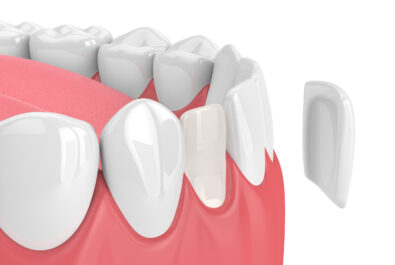Your dentist can detect your wisdom teeth through x-rays at a young age, but you may not even feel any pain or discomfort. However, if your wisdom tooth becomes impacted – meaning there isn’t enough space for it to erupt through your gum tissue – it could cause an infection or damage the surrounding teeth. Whether you have one wisdom tooth or four, they should never be ignored. If you’re lucky enough for them to come in perfectly aligned, they can actually be a real asset to your mouth! That’s not all – these 3 facts about wisdom teeth are sure to surprise you!
Why Do We Have Wisdom Teeth?
While they can seem rather pointless nowadays, wisdom teeth were very useful for our ancestors. They’re strength was extremely useful when it came to chewing tough food like plants or raw meat. However, our ancestors also had much larger jaw bones and had a tendency to often lose teeth, so there was usually much more room for these third molars to come in than our jaw structure allows for now.
Did You Know?
Third molars haven’t always been known as “wisdom teeth.” In fact, the name came around because they usually come in between age 17 and 25, which is also known as an “age of wisdom” – not because they can give you wisdom, unfortunately.
9 Out Of 10 Times, A Wisdom Tooth Is Impacted
You read that right – 90% of wisdom teeth get stuck between the jaw bone and your gum tissue because there isn’t enough room for them to properly erupt.
Do You Have Wisdom Teeth?
It’s pretty rare for someone to not have any wisdom teeth, although it does happen. Typically, the average person has 4 third molars, but there have been cases where we’ve seen more than that! If you’re not sure whether you have this last set of molars or not, ask your dentist – it’s not difficult to find out!














